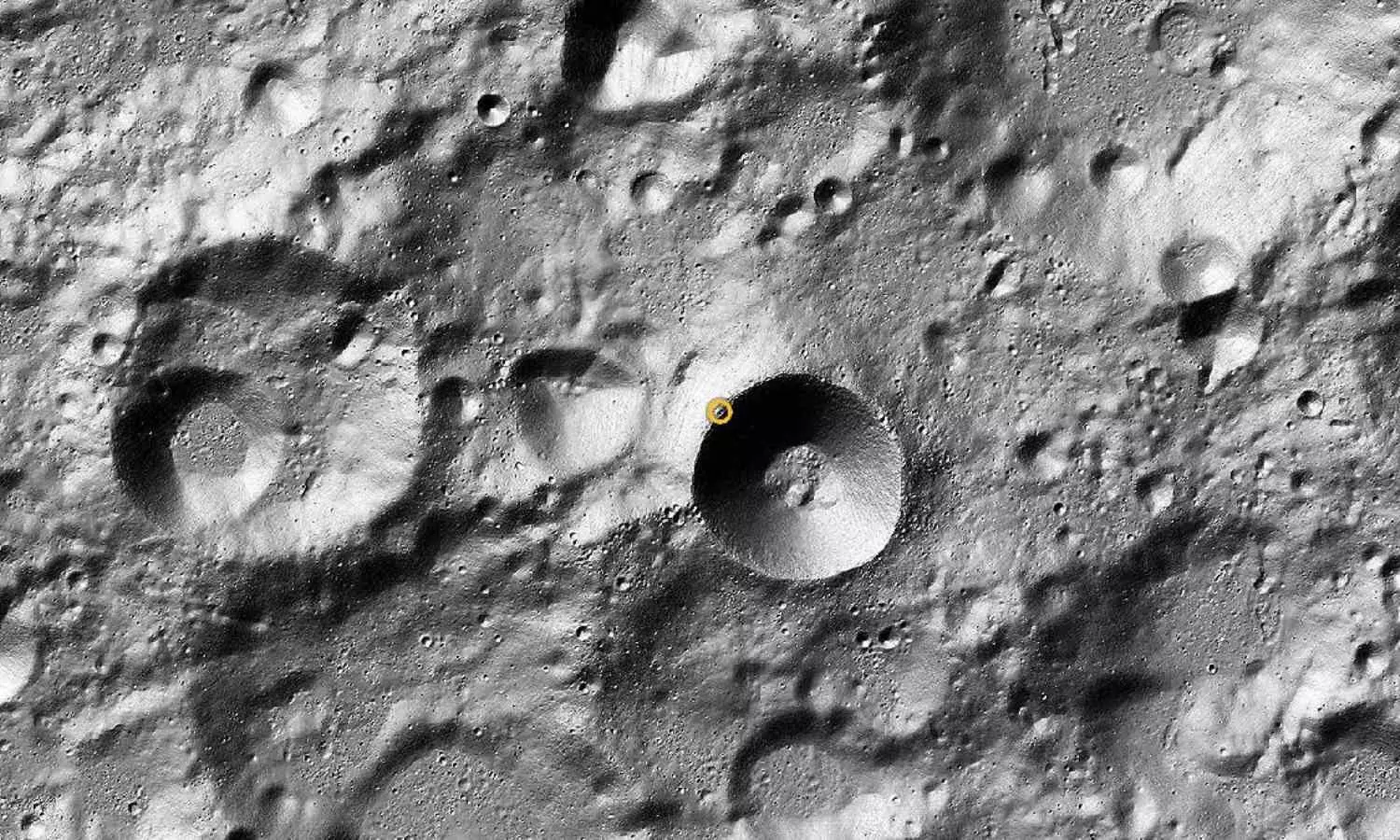Asteroids And Earth's Fate: Are We Really Prepared To Prevent A Catastrophe?
Are we ready for asteroid impact? NASA says we need to plan step-by-step process for planetary protection.
Asteroids And Earth's Fate

As astronomers continue to discover more near-Earth asteroids, concerns about our ability to prevent a potential catastrophe are on the rise. Experts are sounding the alarm about the devastating consequences that could follow an asteroid impact, prompting the pressing question: are we adequately prepared to defend our planet?
Established in January 2016, NASA's Planetary Defense Coordination Office (PDCO) is at the forefront of global efforts aimed at detecting, tracking, and deflecting asteroids. Once an asteroid is identified, the PDCO collaborates with partner organisations to calculate its future orbit and assess the risk of impact.
In fact, in recent years, NASA has launched multiple missions to improve our understanding of asteroids and investigate strategies for deflecting them. At the same time, the office keeps vigilant, examining the skies for undiscovered asteroids and tracking their travels.
Detecting an asteroid is only the first step towards planetary protection. We must also identify its current trajectory and predict where it will go in the future. Furthermore, we must keep track of everything else in the solar system and predict how these celestial things will interact over time.
While we may not be as prepared as we could be, we are certainly better equipped than ever before. Under the right circumstances, we might likely avert a space-related tragedy without resorting to nuclear weapons. For instance, a mission like DART may successfully deflect a medium-sized asteroid, assuming we have enough time to develop and launch a spacecraft.

